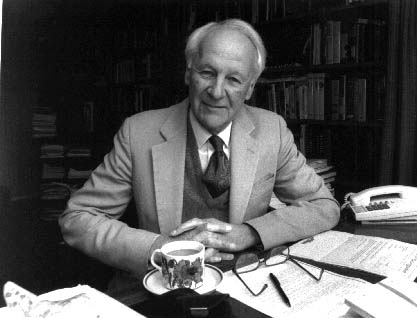 ****
****An extremely thorough discussion of, well, the cross of Christ--its purpose, its theological significance, its results, and the ultimate effect it has on our daily lives. He also explores alternate interpretations and ideas (regarding the cross) and explains why he has rejected them. Stott is quite thorough, and his style is decidedly matter-of-fact. The book is a bit dry at times, and certainly rather dense, but there's more than enough richness of content to make up for the less-than-sparkling prose.
I particularly enjoyed Stott's discussion of the substitutionary nature of the cross. In the cross we Christ substituted for us. Christ lived a perfect sinless life, thereby satisfying the law of God, and then bore the penalty for our sin, thereby satisfying the wrath of God against sin. (Stott is careful to point out that this was a joint plan, carried out by the Trinity together.) Once Stott has laid this groundwork, he moves on to the various metaphors for salvation--that is, redemption, justification, adoption, and reconciliation. Stott is careful to note that while we experience each of these aspects of salvation, they are all built on the foundation of self-satisfaction through self-substitution.
From there, Stott moves on to other issues like sanctification, victory, community, our attitude to ourselves and our enemies, and suffering. While the cross affects all of these aspects of life, I found Stott's analysis of these subjects less compelling. However, the first half of the book more than makes up for any shortcomings in the latter half. Definitely a worthwhile read for those looking to dig a little deeper into the theology of the cross.

















